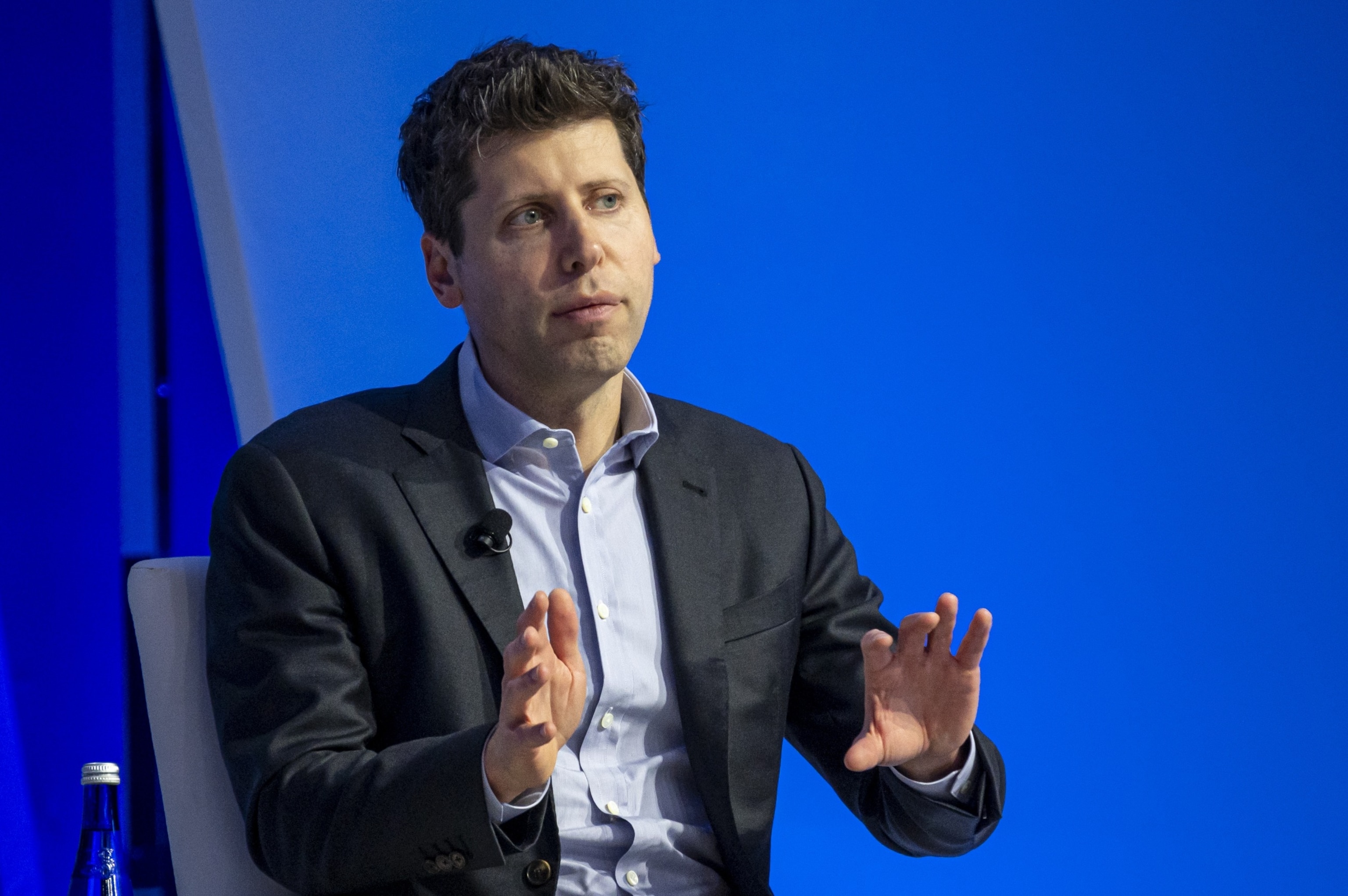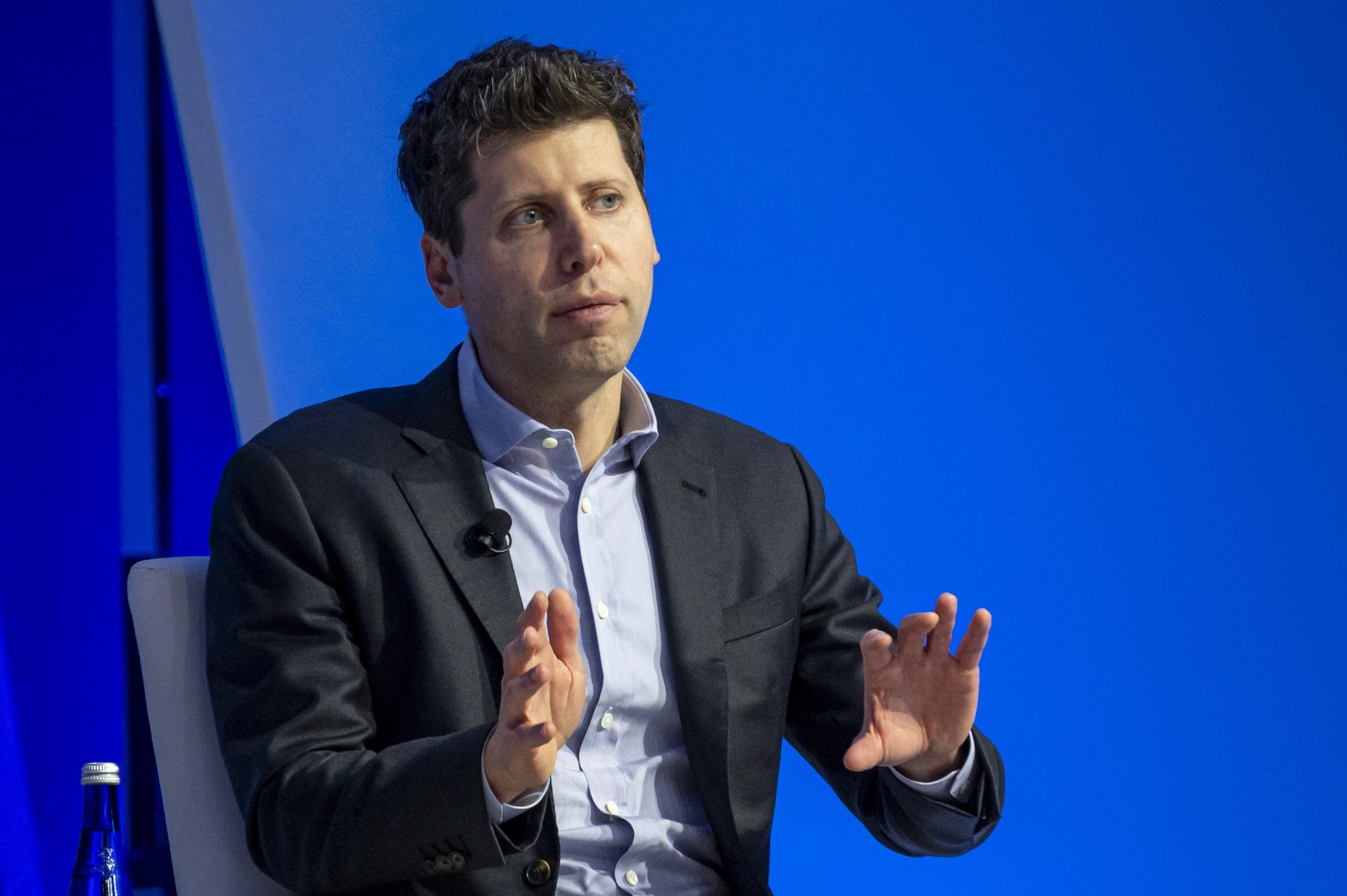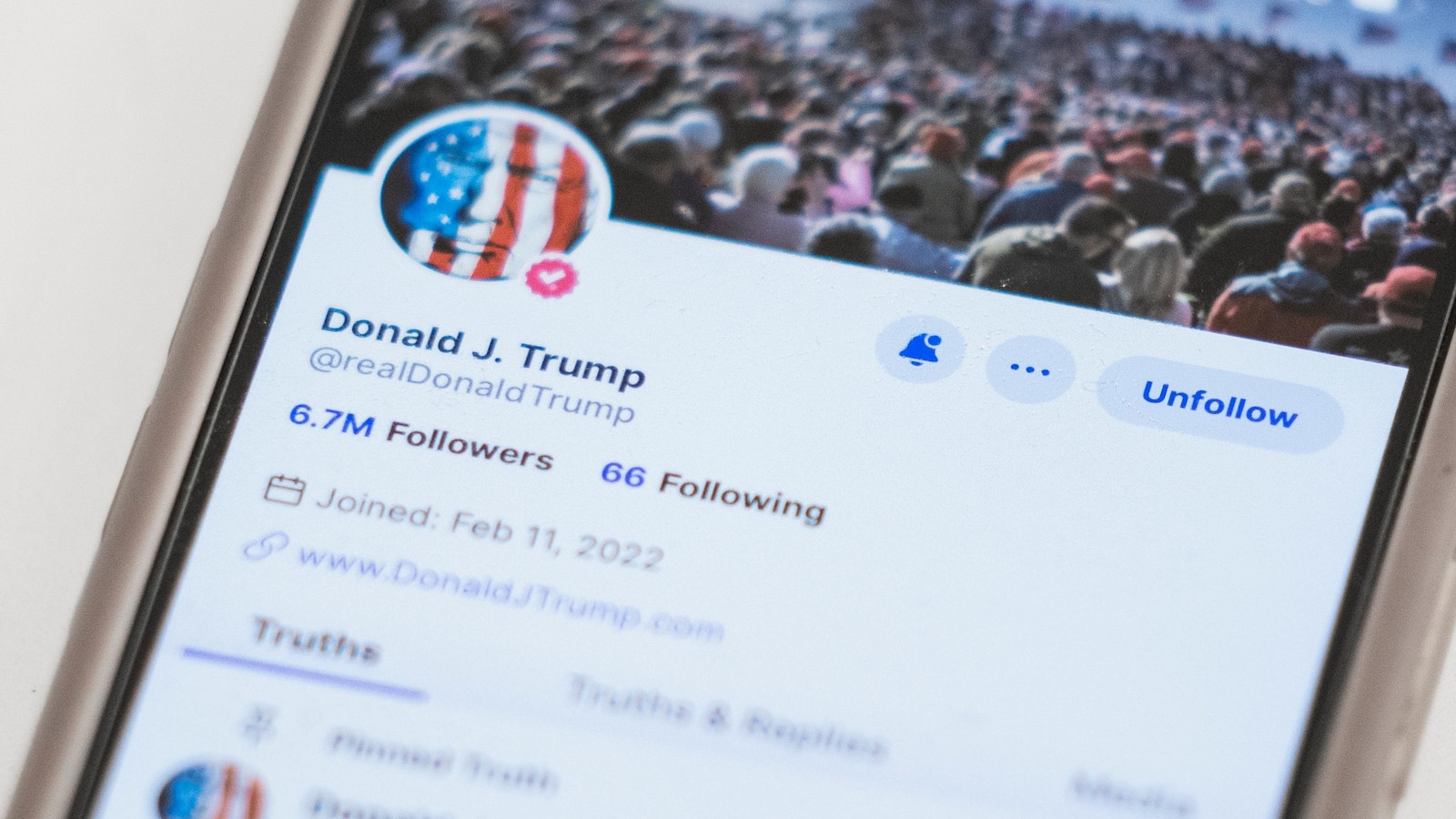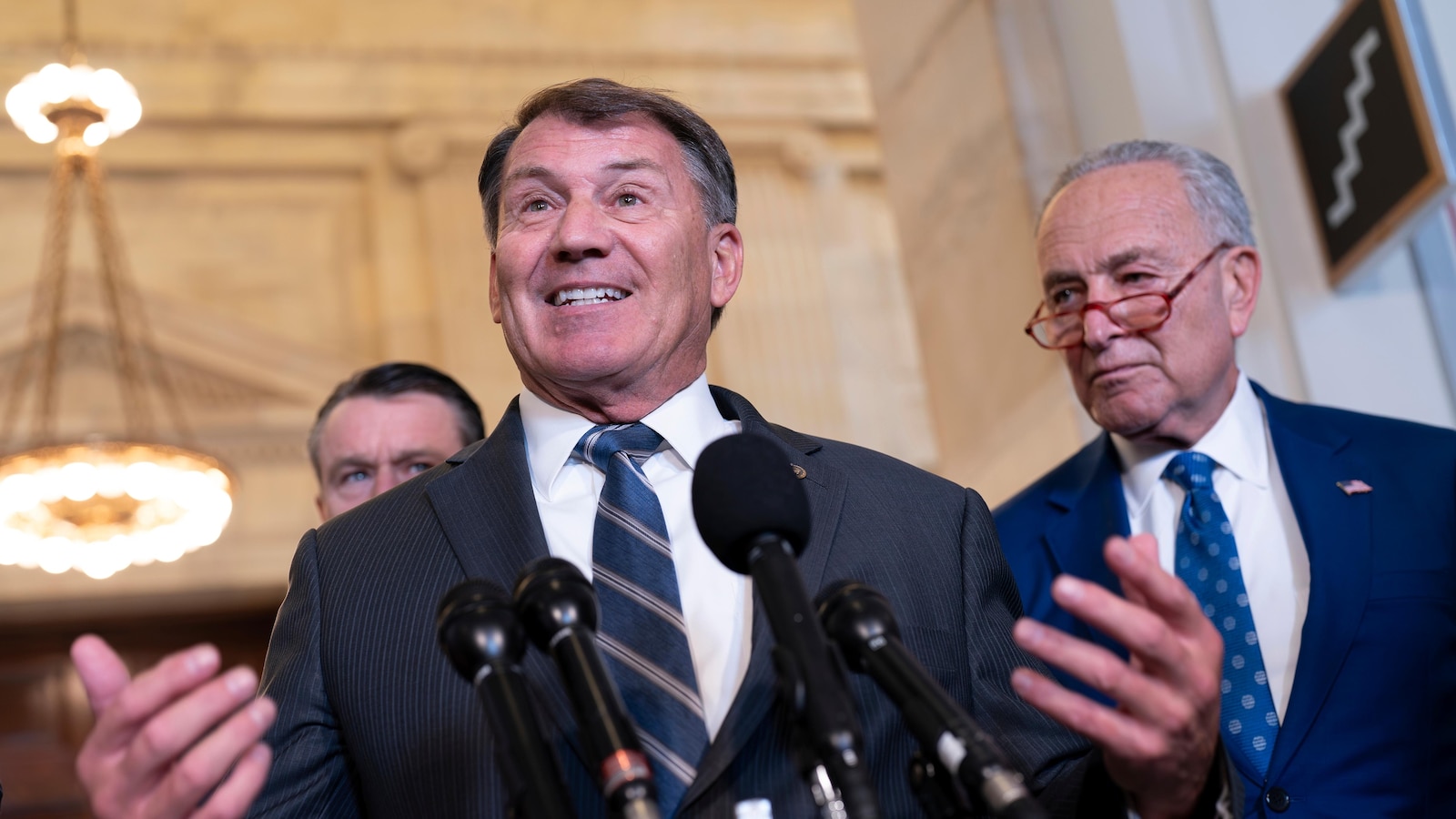Elon Musk sued OpenAI and its CEO Sam Altman on Friday alleging the ChatGPT maker abandoned its mission of benefiting humanity in a sprint toward profits.
Some legal experts who spoke to ABC News, however, cast doubt on Musk’s case.
Musk, the CEO of Tesla and X, said upon funding the company at an early stage, he reached an agreement with the company’s leaders, including Altman, on the nonprofit course of the firm, according to the lawsuit filed in San Francisco Superior Court and reviewed by ABC News.
Musk did not immediately respond to ABC News’ request for comment. Neither did Tesla, Altman or OpenAI.
Last year, Musk said, the company “set the Founding Agreement aflame” when it released ChatGPT-4, the most powerful version of its popular chatbot, making the technology available for use by tech giant Microsoft under an exclusive licensing agreement.
“OpenAI, Inc. has been transformed into a closed-source de facto subsidiary of the largest technology company in the world: Microsoft,” Musk said in the lawsuit.
The case, legal experts said, centers on the founding agreement alleged by Musk, which he said took place at the outset of the firm.
Typically, deals established between a top investor and company leadership are set out in writing with concrete terms, the experts added, leaving Musk in a difficult position as he attempts to invoke what they say appear to be spoken commitments made years ago without a formal contract.
For his part, Musk says in the lawsuit that the agreement was memorialized in a legal filing when OpenAI was incorporated.
“Oral promises are unusual at the beginning of a relationship that you would sue on,” Dave Hoffman, a professor of corporate law at the University of Pennsylvania, told ABC News. “That just feels like it’s weak to start.”
Paul Barrett, a professor at New York University Law School and deputy director of the NYU Stern Center for Business and Human Rights, also voiced skepticism about Musk’s allegations tied to the founding mission of OpenAI. The company likely addressed potential legal pitfalls when it added its for-profit operation in 2019, Barrett said.
“I assume at the time OpenAI hired competent lawyers who structured the transaction so that it would be legal,” Barrett told ABC News.
In the lawsuit, Musk alleges that Altman and OpenAI President Greg Brockman reaffirmed the founding agreement in written messages over the ensuing years.
“[I] remain enthusiastic about the non-profit structure!” Altman wrote to Musk in 2017, according to the lawsuit.
Musk, who helped bankroll OpenAI, launched a rival AI company last year called xAI, which is building a model that will compete with ChatGPT.

Sam Altman, chief executive officer of OpenAI, during the Asia-Pacific Economic Cooperation (APEC) CEO Summit in San Francisco, Calif., Nov. 16, 2023.
David Paul Morris/Bloomberg via Getty Images, FILE
Acknowledging his previous criticism of the pace and ambitions of AI development, Musk said in a conference call on X in July 2023 that he entered the industry reluctantly.
“If I could press pause on advanced AI digital super-intelligence, I would. But it doesn’t seem like that is realistic,” Musk said.
In September, Musk joined a group of nearly two dozen tech executives and advocates who met privately with U.S. senators to discuss potential bipartisan legislation regulating AI.
By pursuing a for-profit AI venture, however, Musk raises questions about the credibility of his claims regarding a firm commitment to the non-profit status of OpenAI, Barrett said.
“It’s a little hard to take Elon Musk’s lawsuit seriously given that he himself has his own for-profit AI company that is in effect a rival of OpenAI,” Barrett added.
Unlike a typical company, xAI classifies as a for-profit benefits corporation, signaling a focus on social impact rather than shareholder value.
Ann Lipton, a professor at Tulane University who studies corporate law, described the lawsuit in a post on X as “sour grapes.”
The lawsuit primarily amounts to “an argument that Altman hasn’t managed the various entities as Musk would prefer,” Lipton said.
“There are all kinds of reasons that business law,” Lipton added, “wouldn’t permit this kind of suit.”
In the lawsuit, Musk alleges breach of contract, breach of fiduciary duty and unfair business practices.
Musk is seeking a legal order that requires OpenAI to abide by its alleged founding mission of aiding humanity and retaining its nonprofit form, as well as compensation for the funds received by OpenAI while it carried out allegedly unfair business practices.
In some cases brought by Musk, his significant resources pose a threat to adversaries who may lack the finances to compete in a high-priced legal fight, Hoffman said. But the deep pockets of OpenAI, Hoffman added, will remove that consideration as a factor in the outcome of the case.
For both sides, Hoffman said, “the $20 million or $30 million legal fee is trivial.”
ABC News’ Victor Ordonez contributed reporting.
Elon Musk, the billionaire entrepreneur and CEO of Tesla and SpaceX, recently filed a lawsuit against OpenAI, the artificial intelligence research lab he co-founded in 2015. Musk’s lawsuit alleges that OpenAI has breached its contract with him by failing to provide him with the benefits and control over the organization that he was promised.
However, legal experts are questioning the validity of Musk’s lawsuit, pointing to several key issues that may undermine his claims. One of the main arguments against Musk’s lawsuit is the fact that he voluntarily resigned from the board of OpenAI in 2018, relinquishing any control or influence he had over the organization. This voluntary resignation could weaken Musk’s case, as it may be difficult for him to argue that he was promised certain benefits or control over OpenAI when he willingly stepped down from his position.
Additionally, some legal experts have raised concerns about the timing of Musk’s lawsuit, suggesting that it may be a strategic move on his part to distance himself from OpenAI in light of recent controversies surrounding the organization. OpenAI has faced criticism in recent years for its lack of transparency and potential conflicts of interest, leading some to question Musk’s motives for filing the lawsuit now.
Furthermore, Musk’s lawsuit may be complicated by the fact that OpenAI operates as a non-profit organization, which could impact the legal standards and requirements that apply to the case. Non-profit organizations are subject to specific regulations and restrictions that may limit Musk’s ability to pursue certain legal claims against OpenAI.
Overall, while Musk’s lawsuit against OpenAI raises important questions about his relationship with the organization and the promises made to him, legal experts are skeptical about the strength of his case. It remains to be seen how the courts will ultimately rule on this matter, but it is clear that there are significant legal hurdles that Musk will need to overcome in order to successfully pursue his claims against OpenAI.



